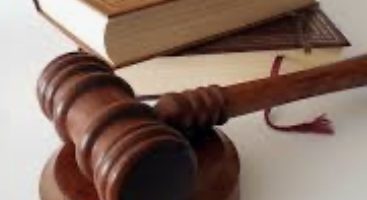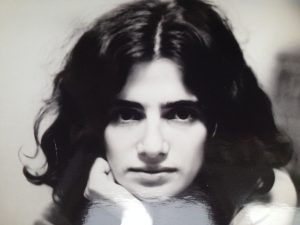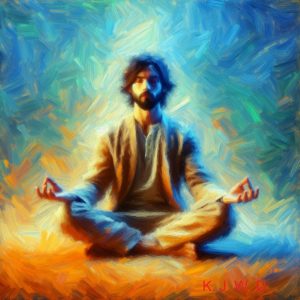Guardian
I never thought we’d lose touch or become estranged from good friends, but sadly it happened. (See The Gs and Malcolm)
But it seemed inconceivable that in our own family there’d be an estrangement, but tragically that happened as well.
In the early 1990s my sister Laurie married Andy, and at the time they seemed a good match – both were post-docs working at the National Institute of Health in Rockville, Maryland.
We lived in different states and we didn’t see them very often, but when we did we found Andy a bit strange, and as time went by we became aware of his dismissive manner and short fuse.
But my sister seemed happy and so I tried not to dwell on my growing unease when around Andy. And when my nephew Michael was born Laurie and Andy seemed very happy, and the family rejoiced. But tragically at age two Michael was diagnosed with autism.
The family rallied with advice and recommendations for professionals who could help, and offers of our time and energy, even financial help to pay for special services. But Andy spurned all our suggestions and offers of help. Luckily they lived in a county that had a good special needs program in the public schools so at least Michael had that advantage.
Then the double whammy – my sister was diagnosed with multiple sclerosis, her health spiraled down rapidly, and soon she could no longer work. And then rather than showing gratitude for our offers of further help and support, Andy made it clear they were unwelcome.
Then Andy himself had a heart attack, was hospitalized, and my sister – by then completely helpless and bedridden – was taken to the hospital by Adult Protective Services. With her husband temporarily incapacitated I was able to stand as her medical surrogate. Then I applied to the court to be appointed as her legal guardian, and at the trial the judge ruled that Andy’s misguided decision to keep her at home and “treat” her himself was actually an act of negligence bordering on abuse. The court granted me Laurie’s guardianship.
When she was stable enough to leave the hospital we moved her to a wonderful nursing home where for the last two years of her life she was under the care of a competent medical staff and eventually a compassionate hospice team. (See Take Care of Your Sister and Look for the Helpers – for Laurie)
Since Laurie’s death we visit my nephew Michael in Rockville as often as we can. He now lives in a wonderfully run group home for special needs adults where he is thriving.
The last time I saw my brother-in-law Andy however was at my sister’s funeral, and I chose never to see him again.
Laurie
– Dana Susan Lehrman






